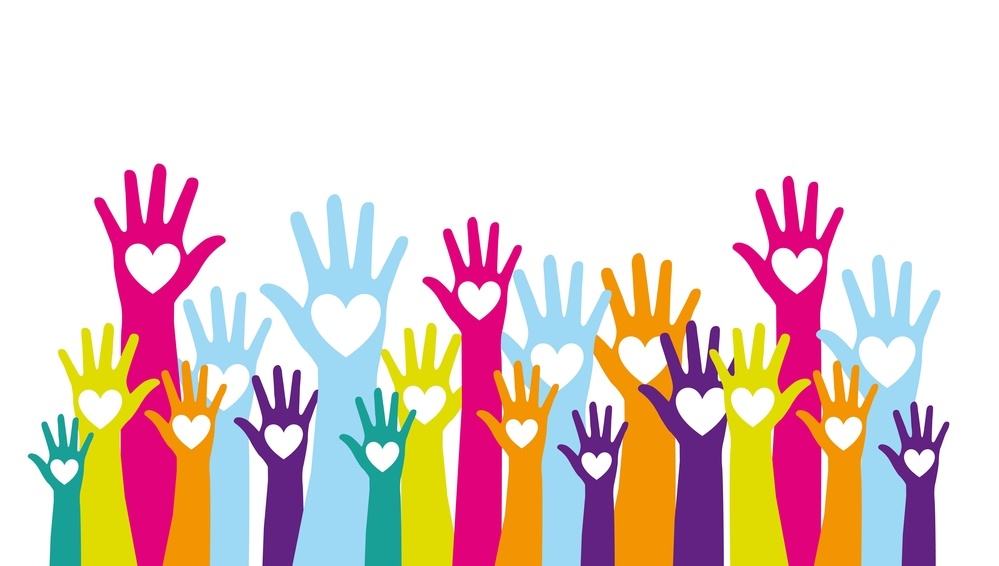

The struggle with infertility can be a crushing emotional experience for many people. Feelings of shame, fear, anger, and depression are common. Although you may know intellectually that infertility is nobody’s fault, the sense of failure at something that is “supposed to be” so basic and natural can be overwhelming. Partners may suffer and feel helpless as they witness each other’s pain, especially through experiences of pregnancy loss. For many couples, they have been through years of disappointment and grief before they finally seek out medical help. Taking action and visiting a fertility clinic can be a powerful step towards healing, but it is only the beginning. The complex emotions of fertility treatment bring their own challenges, with a constant roller coaster of expectation, hope, and stress.
Isolation
Isolation is a huge problem for many infertility patients, who can feel very alone as they go through the process. Some people want to keep their fertility treatment private, and others feel they have no choice without suffering religious or familial disapproval.
Many people find themselves withdrawing somewhat from their usual social circles. Family events like birthday parties and christenings can become emotional minefields, and even something as seemingly “minor” as a cheerful pregnancy announcement from an acquaintance on Facebook can be enough to tip you over the edge on the wrong day.
Fertility treament resources
The truth is, you are not alone. There is a world of resources out there for people who are going through many of the same difficulties you are living through right now. Deciding to be proactive about seeking these resources out may be one of the best things you can do for yourself as you go through fertility treatment. Here are a few that you might want to explore.
Resolve is the National Infertility Association. Their mission is to advocate for anyone suffering with an infertility diagnosis by “providing community to these women and men, connecting them with others who can help, empowering them to find resolution and giving voice to their demands for access to all family building options.” They hold many special events and run awareness campaigns such as National Infertility Awareness Week, and the Walk of Hope. They also operate a helpline for anyone who needs support or advice as they explore their options.
Fertility Planit is a social media group which works to bring together education resources about infertility such as video webinars and in person events about the journey to parenthood. They operate an online community of forums where prospective parents can discuss issues of infertility and family building.
The American Society for Reproductive Medicine aims to be “the nationally and internationally recognized leader for multidisciplinary information, education, advocacy and standards in the field of reproductive medicine.” They offer a comprehensive online resource of information about infertility, treatments, and new developments in the field, including articles and videos. Learning about the options available to you can give you back some sense of agency and control as you move through treatments.
Path2Parenthood is a non-profit organization which is “committed to helping people create their families by providing leading-edge outreach programs and timely educational information. The scope of our work encompasses reproductive health, infertility prevention and treatment, and family-building options including adoption and third party solutions.” They are inclusive in their approach, and they offer a wide range of resources free of charge, including a blog, an extensive online library, and HD videos, as well as outreach events, telephone and in-person coaching, along with a toll-free support line: 888-917-3777.
Infertility caused by cancer and cancer treatment is an issue shared by thousands of people, and it comes with its own unique set of challenges and difficult emotions. Livestrong, the cancer support organization, has dedicated resources to help cancer survivors navigate their way through fertility options before and after treatment, including financial assistance for fertility medications.
No matter how dark things may seem on your worst days, you can get through anything infertility may throw at you. You don’t have to do it by yourself. Help, support, and community are out there for you. The experience of having someone else to help you shoulder the burden can make a huge difference. Friendships with people who know what you’re dealing with can help you stay focused and positive as you move towards your goal of bringing your baby home.
{{cta(‘a65b5d46-984b-424f-8ee8-3107ded8598e’)}}



